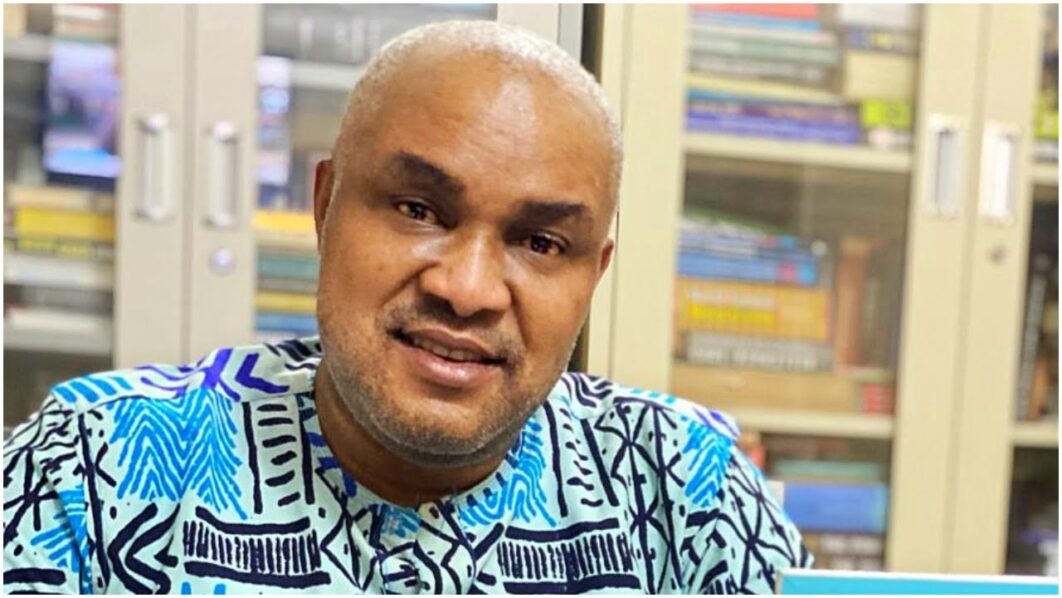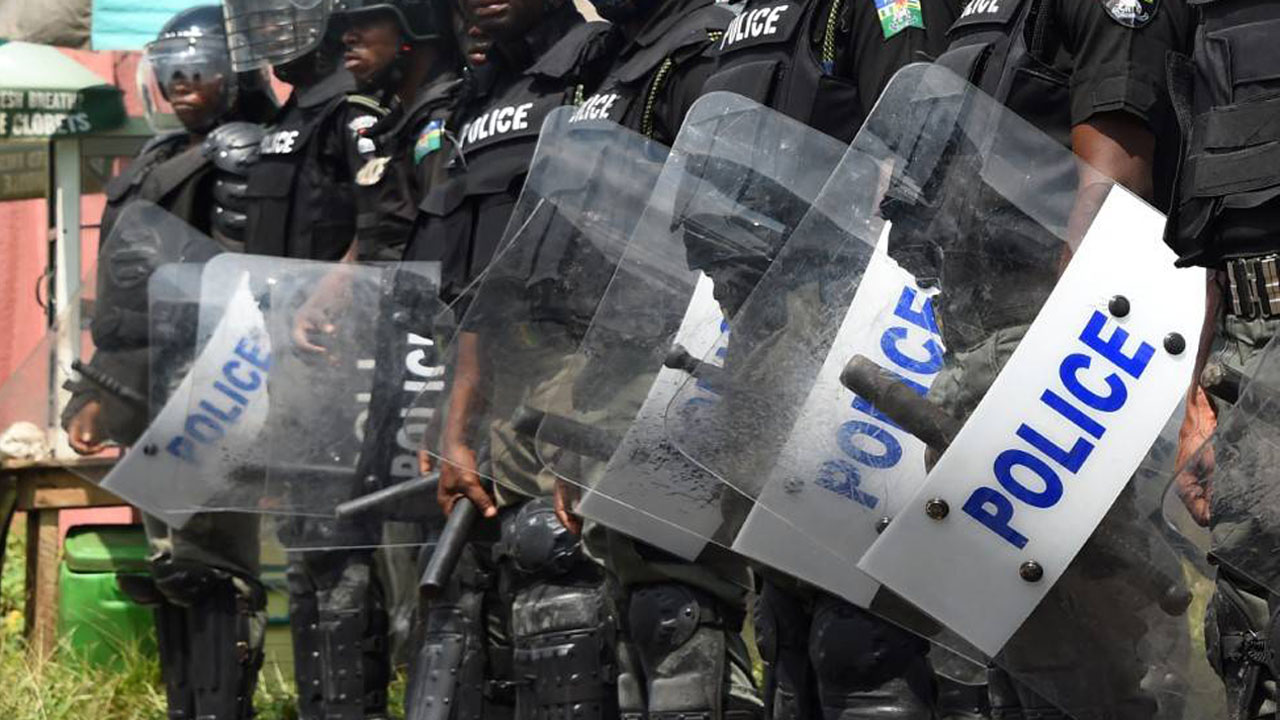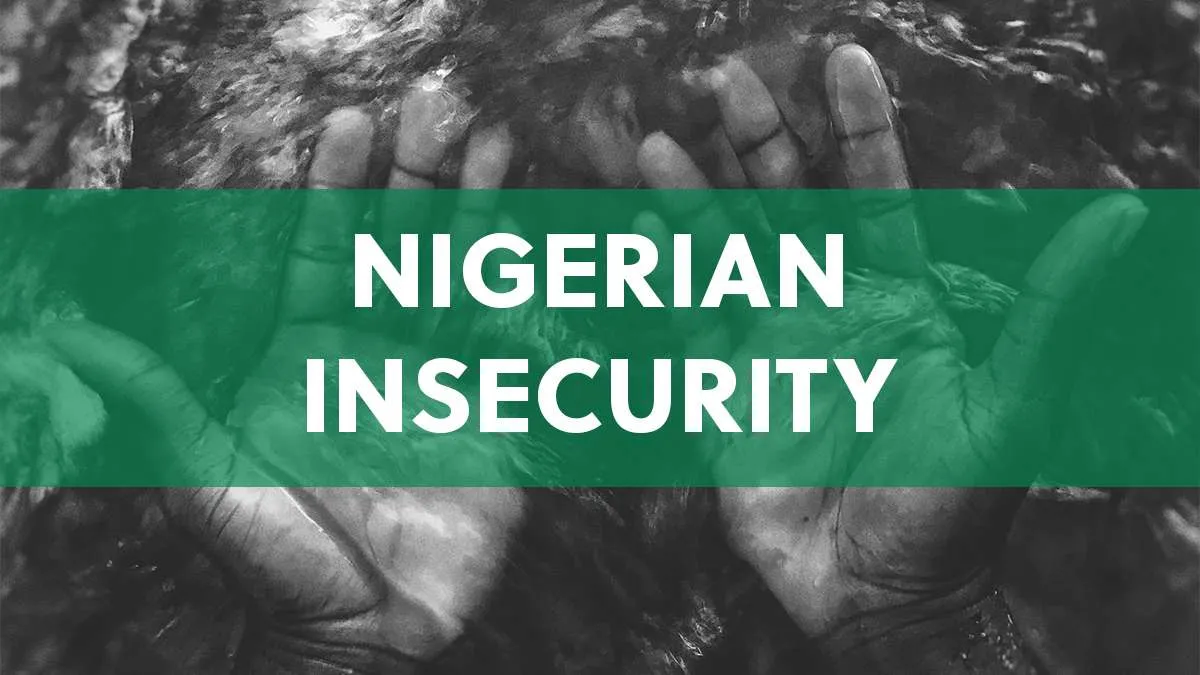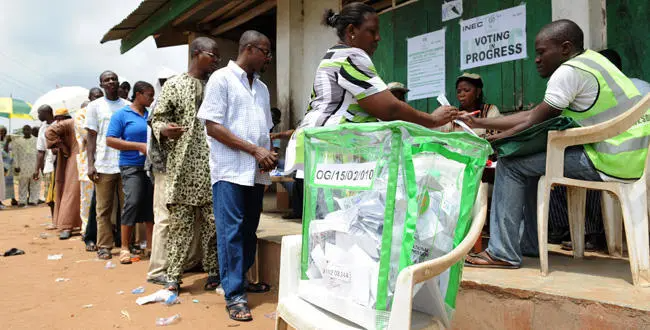
Godsgift Onyedinefu, a reporter with one of the national dailies did a good analysis of security budgeting statistics in Nigeria since 2015. In the piece done on January 23rd 2023, Onyedinefu made the following valid points whose citations I will adopt herewith. The journalist stated that: Nigeria has seen a dramatic increase in its defence spending in recent years but analysts say it has yet to make a dent in insecurity.
Also, the analyst pointed out that since May 2015, when former President Muhammadu Buhari resumed office, the allocation to the defence sector has seen a steady rise running into trillions of naira, in a bid to tackle the multifaceted and growing security threats across the country. The country continues to battle diverse and high-level security challenges, including Boko Haram terrorism, kidnappings and crude oil theft; it has seen the emergence of the Islamic State in West Africa Province (ISWAP), farmer-herder clashes, banditry, separatist activities, and other violent attacks.
The increased budgetary allocation to the security sector is borne out of the understanding that more funding is required to combat insecurity by boosting the military’s capabilities, especially through the purchase of military hardware and platforms. The defence budget comprises recurrent and capital expenditures of the Ministry of Defence, the Defence Headquarters, Army, Air Force, and Navy, and other institutions such as Defence Intelligence, College, Missions and Industries.
However, the reporter hit the nail on the head when this view was made lucid disclosing that security analysts and reports say despite the billions of naira spent in procuring state-of-the-art military platforms, security has not improved as citizens die daily at the hands of bandits, terrorists, separatists and other criminals.
Okechukwu Odeh, an Abuja-based security analyst, while quoting a recent report by Nextier SPD, said violent attacks rose by over 14 per cent within the last two years, showing that security threats are still growing. An analysis of the budgets since 2015 indicates a steady rise, even though the allocation to recurrent expenditure far outweighs capital expenditure. Capital expenditures are used for acquiring assets including military hardware, platforms and other infrastructure; while recurrent expenditure is used for wages, salaries, allowances, and other personnel costs.
Citing rich data from the Budget Office of the Federation, the statistics demonstrate that the first budget for the Ministry of Defence under Buhari’s administration was N443.1 billion in 2016. Out of this sum, N130.80 was budgeted for capital expenditure. In 2017, the Ministry of Defence was allocated N465.40 billion, of which N140 billion was for capital expenditure while the rest was for recurrent expenditure.
In 2018, N576.31 billion was allocated to defence and N157.71 billion was set aside for capital expenditure. By 2019, the allocation to defence increased to N589.9 billion, and the operation in the North-East codenamed ‘Lafiya Dole’ (now operation Hadin Kai) got N75 billion, while N159.10 billion was set aside for capital expenditure.
The allocation to defence jumped to N900 billion in 2020 as security threats increased, N116 billion was allocated to capital expenditure, and recurrent expenditure got the lion’s share of N784.6 billion or 88 per cent of the total budget. In 2021, the defence ministry got N772.60 billion, while N127.80 billion went to capital expenditure.
The defence budget jumped to N1.2 trillion in 2022 and then N1.248 trillion in 2023, out of which N204.60 billion, and N156.20 billion were budgeted for capital expenditure respectively.
In 2018, Buhari authorised the withdrawal of $1 billion from the Excess Crude Account, out of which $496 million was used to order the 12 Tucano fighter jets. The President also approved a N982.72 billion 2021 supplementary budget, which was designed for the provision of military hardware and COVID-19 response. The Nigerian government also procured 12 AH-1Z Cobra attack helicopters worth nearly $1 billion.
Some other new platforms acquired by the military are the JF-17 Thunder aircraft, and Unmanned Combat Aerial Vehicles (UAVs). The Nigerian Air Force was also said to be expecting the delivery of additional new platforms before the end of the first quarter of 2023. These platforms include two CASA-295 medium airlift aircraft, two Beechcraft King Air 360, 4 Diamond DA-62 surveillance aircraft, three Wing Loong II UCAVs and 6 T-129 ATAK helicopters. Others are two Agusta 109 Trekker multi-role helicopters, 12 AH-1Z attack helicopters and 24 M-346 attack aircraft.
In the 2023 defence budget, N27.3 billion was budgeted for additional payment for the procurement of six T-129 attack helicopters, N2.7 billion for three units of Magnus MF 212 surveillance attack aircraft and N3 billion for three units of Bell UH 1D helicopter and Ocea3X32 fast patrol boats for the Navy.
Buhari recently revealed that his administration had invested over $1 billion in the acquisition of weapons, which he said has yielded tremendous results in the war against terror.
This claim is controversial because Nigeria remains a country where sophisticated crimes of terrorism and kidnappings amongst others go uninvestigated and the terrorists roam freely in the streets. Over 2,000 terrorists who escaped from the many derelict prison facilities around Nigeria are yet to be re-arrested and no transparent efforts are made to get them to face the full weight of the law
“When I assumed power in 2015, Boko Haram held about two-thirds of Borno State, half of Yobe State, and a couple of local government areas in Adamawa State, all in the North-East of Nigeria. We have been able to retrieve these swathes of territories by investing over a billion dollars to acquire hard and software weaponry from the U.S. and other friendly countries to carry out sustained operations against insurgency since 2015,” Buhari said. Tragically, his administration provided the enabling environment for hardened terrorist masterminds of Fulani ethnicity to emerge.
The Defence Headquarters said the military has greatly decimated insurgents and other criminal elements terrorising the country. According to it, the mass surrender of thousands of terrorists is a clear indication that the military is winning the war. However, security experts and analysts said the huge sums invested in security failed to yield the desired results. The security sector has gulped over N12 trillion in the last eight years. The truth is that defence budget has been heavily criticised especially as the country continues to perform poorly in global rankings on peace and security.
Reportedly, Nigeria ranks 143rd of the 163 countries ranked in the Global Peace Index for 2022. The country also occupies the sixth position among countries with the highest terrorism levels, according to the 2022 Global Terrorism Index. Statistics also said Nigeria is among the countries in the world with the largest number of terror-related deaths.
Meanwhile, within October-December 10, of two years ago, the period in which the federal government promised to end insecurity, security reports by Beacon Consulting, a security consulting firm, and Nextier SPD, indicate that 1,920 persons were killed in over 1,100 violent attacks across the country.
There are two reasons which are actually one that may inform why insecurity has become like a hydraheaded monster: corruption, lack of accountability and transparency in the defence budgeting procedures and it is becoming clearer by the day that many top flight officers within and without the military, are reaping lots of profits from the growing insecurity, hence the constant and continuous spikes in the attacks unleashed on Nigerian public space by terrorists.
The lack of accountability, transparency and high levels of procurement corruption in the budgeting processes of the defence sector and the failed/compromised oversight capacity of the National Assembly, are the twin evils that are responsible for massive insecurity even amidst massive budgets for the defence sector.
President Bola Tinubu should wake up, give matching order to his commanders with a deadline to end terrorists attacks in Nigeria just as failure should be viewed as dereliction of duty on the part of the service chiefs. The idea that the President is always looking behind his shoulders and lives in fear of the uncertainty of power in Nigeria, must be vanished. Let the bad eggs be uprooted from the military and cast away and the heavens wouldn’t fall with the comprehensive support of the civil society.
Onwubiko is head of the Human Rights Writers Association of Nigeria and was National Commissioner of the National Human Rights Commission of Nigeria.






